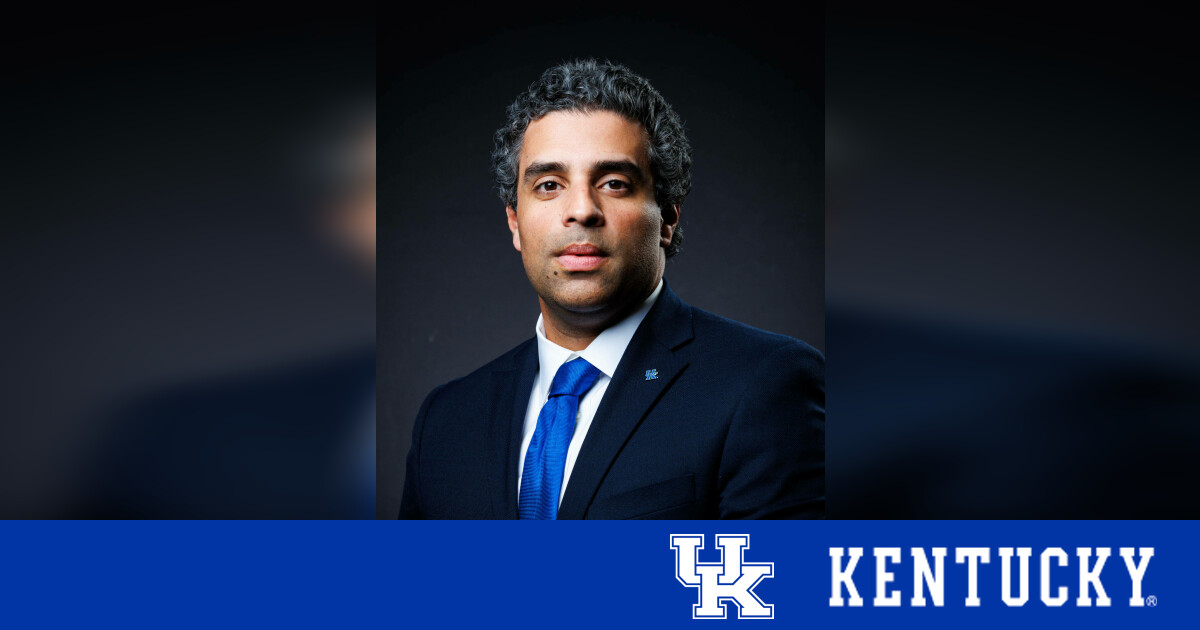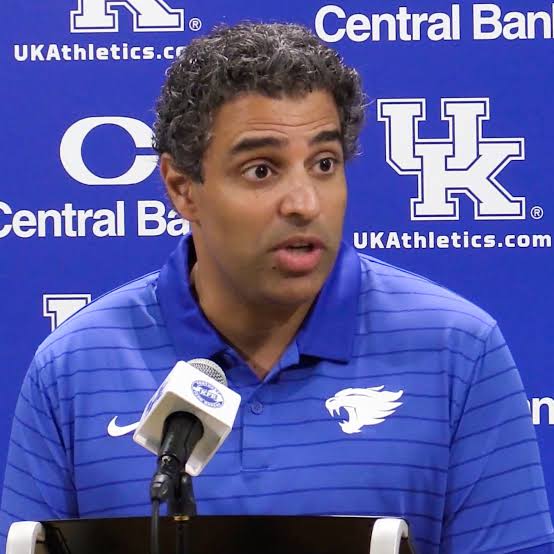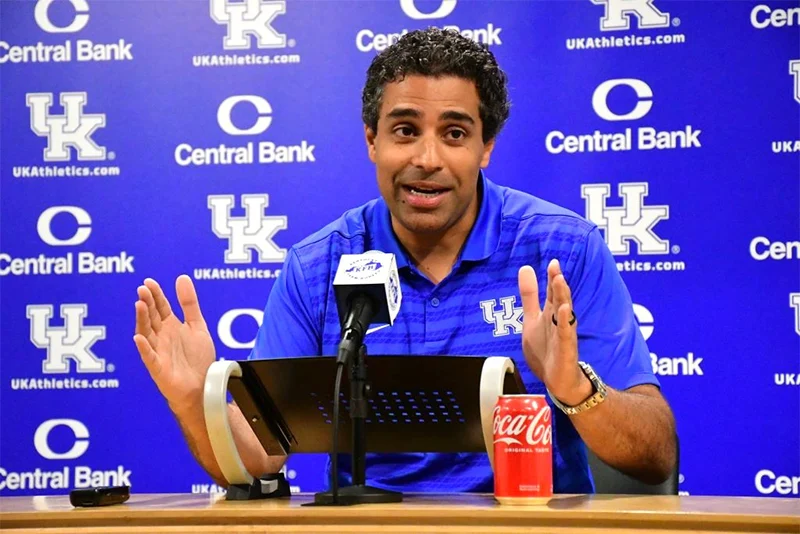Unprecedented Loyalty: Kentucky’s Bush Hamdan Reportedly Turns Down Alabama’s $4 Million Offer
LEXINGTON, KY – In a move that has sent shockwaves across the college football landscape, sources close to the situation have confirmed that Kentucky offensive coordinator and quarterbacks coach Bush Hamdan has reportedly turned down a historic, multi-year contract offer from the University of Alabama. The deal, which was rumored to be worth an astonishing $4 million annually, would have made Hamdan the highest-paid offensive coordinator in the sport’s history.
The decision is a monumental statement on the current state of both the Kentucky and Alabama football programs. For the Crimson Tide, the rejection is a surprising setback in their ongoing search for a top-tier offensive play-caller, a position of paramount importance under head coach Kalen DeBoer. For the Wildcats, it’s a profound victory—a signal that the program, built over more than a decade under Mark Stoops, has evolved into a destination where loyalty and vision can trump even the most staggering financial offers.
The pursuit of Hamdan by Alabama began with the departure of the Crimson Tide’s previous offensive coordinator. Kalen DeBoer, who has his own extensive history as a successful offensive mind, sought to bring in a proven innovator to complement his system. Hamdan, with a resume that includes stints at Boise State, Washington, Missouri, and the Atlanta Falcons, quickly emerged as a top candidate. His work developing quarterbacks and his ability to scheme effective, modern offenses made him a perfect fit for DeBoer’s pro-style attack.

The reported $4 million price tag is a figure previously unseen for a coordinator position. While coaches like LSU’s Blake Baker have recently reset the market with contracts exceeding $2 million, a $4 million deal would have been in a league of its own, placing Hamdan’s salary in the same stratosphere as many head coaches. For context, Hamdan’s current contract with the Wildcats, which he signed in January, is for a reported $1.25 million annually. The offer represented a potential raise of more than $2.7 million per year.
However, sources indicate that the decision was never about the money for Hamdan. His calculus, they say, was rooted in a belief in the project at Kentucky and a commitment to Mark Stoops. Hamdan arrived in Lexington with a clear directive: to elevate the Wildcats’ offensive production and to develop a new generation of quarterbacks. He has been given the keys to the offense, a level of autonomy that few coordinators at major programs get to enjoy.

“The word I keep hearing is ‘trust’,” a source with knowledge of the negotiations said. “Bush has an incredible amount of trust in Coach Stoops, and more importantly, he feels that trust is returned. He sees what they are building here, and he believes in it. That’s something you can’t put a price tag on.”
Hamdan’s connection with the Kentucky program runs deep. His rapport with the current roster of quarterbacks, as well as the recruits he’s been instrumental in bringing to Lexington, is said to be a critical factor. The potential for disruption to a group he’s been cultivating was a major consideration. For Hamdan, walking away from that would have felt like abandoning a mission.
“It’s not just a job; it’s an investment in a vision,” one source explained. “Bush is focused on leaving a legacy here, not just chasing the next paycheck. This decision, as shocking as it is, makes perfect sense when you look at it through that lens.”

While Hamdan’s decision is a major coup for Kentucky, it creates a new layer of intrigue for Alabama. DeBoer will now have to pivot to other candidates, with speculation swirling around a number of potential options. The pressure to hire a coordinator who can manage the expectations of the Crimson Tide fanbase and succeed at the highest level remains immense.
The fact that Alabama, the perennial powerhouse of college football, was rebuffed is a clear indication of a shifting landscape. With assistant coach salaries skyrocketing, the balance of power is no longer solely dictated by a program’s historical dominance. It’s now about a combination of financial muscle, program stability, and the personal relationships between a head coach and his staff.
For Kentucky, Hamdan’s decision is a moment of validation. It shows that the hard work of building a consistent program is paying off, and that the Wildcats can retain elite talent—coaching or otherwise—even in the face of the sport’s most powerful institutions. It’s a statement that says, “We’re not just a stepping stone; we’re building something special here.”
As the college football world digests the news, one thing is clear: loyalty, while often a casualty in the high-stakes world of modern athletics, can still be an incredibly powerful force. In a sport defined by relentless change, Bush Hamdan’s decision to stay at Kentucky stands as a testament to that enduring value.
